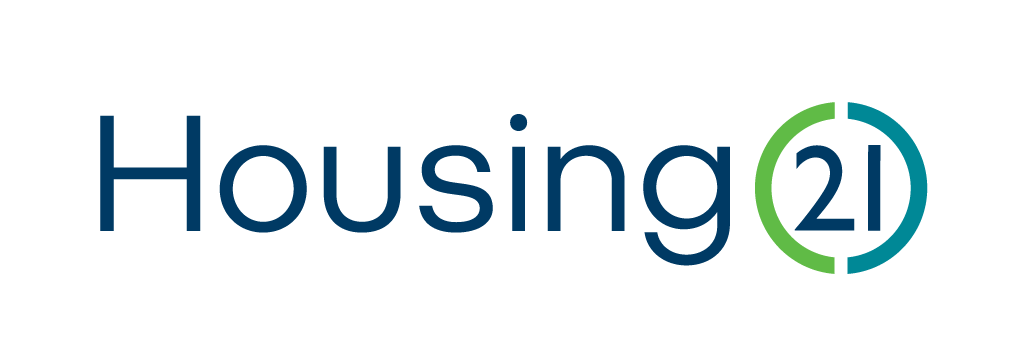Strategy and Delivery (principle two)
The Board assumes the responsibility of setting ambitions, plans, and strategies, along with monitoring mechanisms that empower the organisation to fulfil its social purpose, legal obligations, and regulatory responsibilities. These plans are carefully designed to be financially viable, emphasising value for money, as well as environmental and social sustainability.
To guide the organisation's direction, the Board engages with others through a matrix of relationships and contact points, fostering collaboration for effective strategy implementation.
|
Our Customers / Residents |
Board |
Our People |
|
|
|
|
Committees |
||
|
||
|
Executive Group/ Executive Directors |
||
|
||
|
|
The Board regularly publishes an organisational strategy and plan that articulates its ambitions. The Chief Executive assumes the responsibility for delivering the agreed-upon plan and strategy, ensuring adequate resources are in place for successful implementation.
Housing 21's Board plays a pivotal role in safeguarding the organisation's alignment with its purpose, values, and culture. It actively contributes to driving performance, balancing risks, and seizing opportunities. The Board conducts an annual review of the organisation's purpose, principles, and areas of focus during its away day, ensuring ongoing alignment and relevance. This review informs the development of the organisational strategy.
Routine Board matters include the review and monitoring of the delivery of the organisational strategy and areas of focus, ensuring continuous alignment with the organisation's overarching goals.
-
Housing 21 structure
The Group and Board Structure are reviewed by the Board to ensure it continues to deliver the organisational strategy effectively.
The Chief Executive is responsible for ensuring the operating structure is fit for purpose in order to achieve the organisational strategy including directing the Executive Team and senior management team.
-
Role of the Chief Executive
The Chief Executive is responsible to the Board for the overall leadership, management, development, performance, culture, reputation and success of Housing 21.
The Chief Executive also plays a key role in developing the strategy, setting the priorities, managing risks and ensuring the organisation achieves its full potential both on a day-to-day basis but also focusing on future challenging and opportunities, including ensuring the strategy considers financial, environmental and social sustainability.
The job profile of the Chief Executive specifies the key elements of the role and duties.
Duties include:
- Leadership of Housing 21
- Supporting, developing and directing the Executive Team and senior management team
- Driving the development and delivery of strategic plans, priorities and performance
- Providing clarity and creating commitment to achievement of Housing 21’s strategy, vision and values
- Developing Housing 21’s culture and structures to ensure delivery of its strategic objectives
- Ensuring the organisation acts cohesively and responds appropriately to the challenges it faces and ever-changing environment in which it operates
- Maintaining the financial viability and performance of Housing 21 whilst also ensuring that the organisation is managed to the highest standards, to safeguard its integrity and meet all its statutory and regulatory obligations.
- Positioning Housing 21 as a key provider and significant influencer in the development of housing and care services for older people
- Building partnerships and strong relationships build on trust and respect with both internal and external stakeholders
- Actively identifying and managing risks and providing assurance that the organisation is effectively managed and controlled
- Ensuring that Housing 21’s human, financial and other resources are utilised to maximum advantage and that all processes are transparent and accountable
-
Employees
The Governance Transformation and Treasury Committee provide the Board with access and insights into the people and organisational development strategy, along with the views of employees.
During the development of the overall organisational strategic plan, the Board actively considers employees' perspectives and assesses the potential impact on them.
The Board, at least once every two years, approves the Respect and Inclusion Policy and Strategy. Additionally, it plays a role in reviewing and approving people-related policies in alignment with the Board Policy Framework.
On an annual basis, the Board reviews and approves standard inflation-linked increases in the remuneration of the workforce.
-
Performance
The Board exercises oversight of the organisation's performance by regularly scrutinising the delivery of strategies and plans. This includes a thorough examination of key operational and financial performance data, along with insights into resident satisfaction within the committee framework.
Annually, the Board establishes a set of key performance indicators, providing routine reports to ensure the effective delivery of strategic plans. This reporting also addresses matters of interest, including significant incidents.
The Audit and Assurance Committee maintains oversight of assurance regarding the controls that underpin accurate performance reporting.
-
Control of subsidiaries
Housing 21 acknowledges its responsibility to control subsidiaries, either through direct ownership or by managing Board control. Subsidiaries, while maintaining operational independence, are required to be fully accountable to the parent organisation.
Controls are in place to ensure subsidiaries contribute effectively to the entire group, comply with laws and regulatory standards, and align with Housing 21's vision. Formal contracts outline responsibilities, allocate risks, and identify property ownership, ensuring compliance with good practice expectations and legal requirements.
Specifically, PFI contracts include interface agreements for risk allocation and housing management agreements outlining day-to-day service delivery responsibilities. Given the comprehensive contractual arrangements and the compact nature of the Housing 21 group, additional intra-group agreements are deemed unnecessary and are not implemented.



